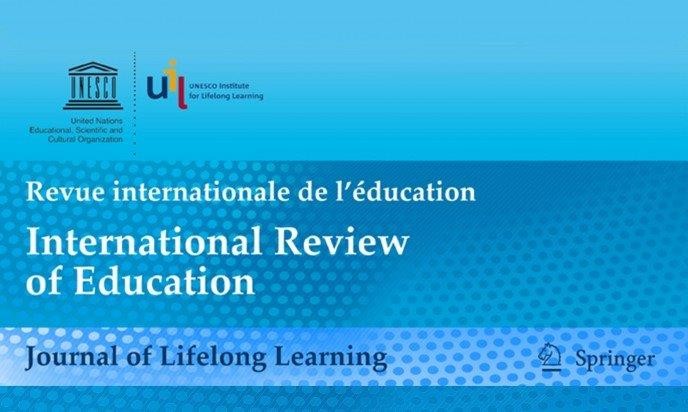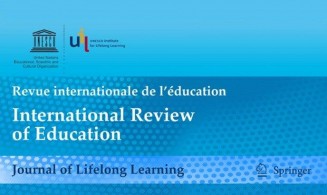

Special issue of IRE looks at adult literacy, local languages and lifelong learning in rural Africa
ire_0.jpg

The June issue of the International Review of Education – Journal of Lifelong Learning explores the intersection of three distinct but inseparable aspects of learning in rural African societies: adult literacy, local languages and lifelong learning.
It draws together six articles on current empirical research, literacy programme and policy assessments, and analysis of the social assumptions related to the practice of reading and writing in local languages in Africa. In this context, adult literacy refers not only to how people learn to read and write, but also to how African youth and adults living in rural communities practise reading and writing in daily life.
Local languages are relevant because the local community is the site for literacy practices, and the shared language of the community is the medium for these practices. While multilingualism is common among Africans in rural communities, local language literacy instruction in this context is a novelty and helps to create new expectations of what literacy might be good for beyond the classroom. Indeed, while not precluding formal schooling as a site for literacy instruction, the concept of lifelong learning situates literacy in daily life, outside and beyond formal schooling.
Visit the issue: https://link.springer.com/journal/11159/65/3

